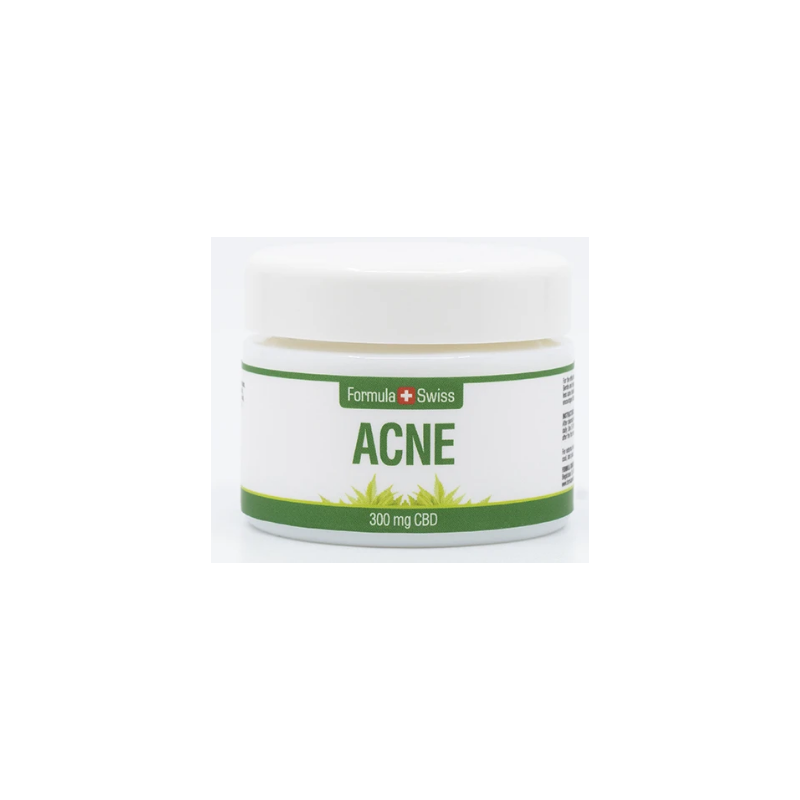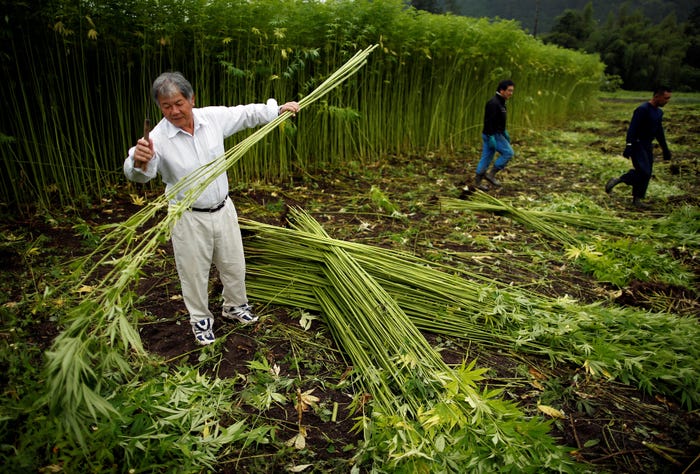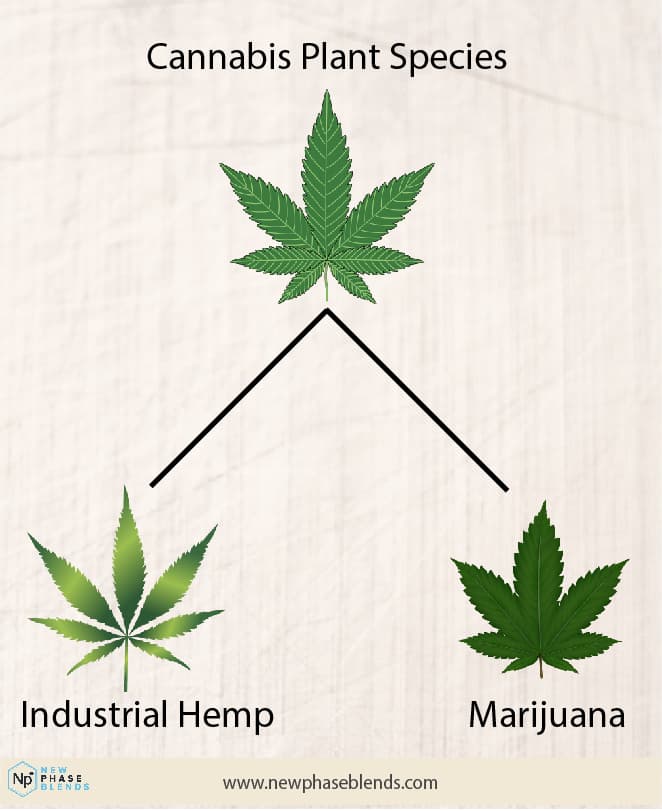
The New York Times published recently an article entitled "The New Sobriety." According to the article, more people are abstaining from alcohol due to health reasons. This article discusses how to prevent relapse, mindful eating, managing triggers, and how to manage them. These tips will help keep you sober.
Mindful eating
People recovering from eating disorders are increasingly turning to mindful eating. It can be detrimental to those in recovery. This type of eating emphasizes giving the body what it needs and not overdoing. To be mindful and eat the foods it likes, one must first learn the body's language.

Mindful eating is about engaging all five of your senses. Mindful eating means that a mindful eater does not eat out of habit, emotion, or even taste. Instead, they observe the experience of food and the environment. Then they stop eating only when their hunger is satisfied or their plate is clean. After that, mindful eaters examine the impact of food on their bodies to determine which foods increase their energy or make them feel uncomfortable.
Mindful eating requires that you pay attention to all five senses when eating. This is about paying attention the sounds, flavors, colors, and textures of what you are eating. This includes eating while cooking.
Management of triggers
For staying sober, it is important to manage your triggers. Triggers are either external stressors and internal feelings. You can lead a happy and balanced life by effectively managing your triggers. It is important to identify triggers and create coping mechanisms. The most important aspect of coping with triggers is awareness. This can be accomplished by keeping an eye on your surroundings and keeping a daily journal.
You can also get rid of personal possessions that are associated with substance abuse. You can do so by getting rid items like empty liquor bottle decorations, used tshirts, and drug paraphernalia. You may need to take some time off from your friends and family in order to focus on yourself.

Avoiding triggers is often the best strategy. However, this is not always possible in real life. Learning how to avoid triggers is key to managing them. It is important to get rid of substances and delete any old users from your social media networks. Also, avoid drinking and partying. Although it can be difficult to manage triggers, it is crucial to stay sober.
FAQ
What are the prospects for the CBD industry in the future?
The future of the CBD industry is bright. It's clear to see why so many people have jumped on this industry. With over $1 billion spent globally by consumers on CBD products alone, it's not hard to see how this market is growing exponentially.
Statista predicts that global sales of cannabidiol in 2019 will reach $22.4 million. That's almost 200% more than in 2018!
Also, the CBD market is expected to grow at a compound annual rate of 22.5%. This would translate to almost $6.8 billion in revenues by 2022.
This is great news both for those looking to enter the market as well as existing companies. However, the CBD market is still in its infancy. This means that there will be challenges.
Is CBD a good investment?
The market for hemp-based products continues to grow as people become increasingly aware of their benefits. The market for hemp-based products could reach $1 billion by 2022, according to estimates.
It is also expected that the market will continue to grow at an annual rate exceeding 20% through 2020 when it reaches $2.5 Billion.
Hemp oil can be found in many beauty and health products, including lotions, shampoos and lip balms, moisturizers and body butters.
A number of companies produce CBD-infused beverages, pet foods, dog treats, snacks, and other food items.
CBD is currently legal in all 50 US states. This may change quickly. CBD is legal in all 50 states, but more research will be conducted to determine its potential uses. Businesses will have an easier time operating legally.
With these factors in mind, it's clear that investing in CBD can be a lucrative venture.
Can CBD companies be a good investment?
The answer to this question depends on what you are looking for. They can be a great investment if it is money you are after. If however, you only want to invest in something that may help others, then no.
How can CBD products be promoted in a legal manner by CBD companies?
The FDA does not regulate hemp for its agricultural commodities. The Controlled Substances Act governs all other cannabis derivatives, such as marijuana. There are currently no regulations regarding CBD.
CBD is legal in 29 states. However, federal law still considers CBD illegal. Businesses that want to sell CBD products face uncertainty.
The FDA also has guidelines for how CBD products should be advertised. For example, they must clearly disclose any product's THC content. Without supporting scientific evidence, CBD cannot be claimed to treat certain medical conditions.
Additional information is required by the FDA regarding manufacturers' manufacturing practices, quality control measures, and other details. They require companies to carry out clinical trials to prove safety or efficacy.
These factors should be considered by companies when they develop their marketing strategies.
Which CBD products are most popular?
CBD products are becoming increasingly popular. They are used for pain relief and anxiety. The market is big and growing fast.
But what are people buying CBD oil for? How does this impact you as a brand manager?
According to Statista CBD products are purchased for their relaxing properties. They are also bought for their anti-inflammatory qualities.
This means that if your product has both CBD and THC, then it can be sold for both recreational and medicinal purposes.
What about brands that focus on a specific purpose? If a company sells CBD to relieve stress, it will be the only one that is competitive.
Furthermore, a brand who focuses on CBD-based medical uses will be able to attract a lot of customers.
However, if a brand wants to target recreational users, then they need to create a unique selling proposition (USP). A USP is basically a feature or benefit that sets a brand apart from competitors.
Some brands offer free shipping while others offer bulk discounts.
How do prices for CBD differ across states?
Prices for CBD products will vary depending on where they are located. The prices of CBD products can vary more than tenfold depending on where they are located.
Prices tend to increase as you move further north. CBD can be found in Alaska at $35 per kilogram, and Hawaii at $200 per grams.
This trend is evident throughout the country. Prices can range from $5-$2,500 per gram.
Why is it happening?
Prices vary because of different levels of regulation. Some states require CBD products that contain very little THC, the psychoactive component of cannabis. Other states don’t care about how much THC is in CBD products.
Because of this, some companies choose to sell their products in one state and then ship them to another state.
Statistics
- OralWhere HED is the human equivalent dose, and Km is a correction factor estimated by dividing the average body mass (BM) of the species (60, 0.020, and 0.150 kg for 11 humans, mice, and rats, respectively) and by its surface area (see: Nair et al. (ncbi.nlm.nih.gov)
- While the primary injury may not be treatable, interventions that attenuate secondary sequelae are likely to be of benefit [203].Only one study (ncbi.nlm.nih.gov)
- A recent systematic review of human trials also reported that individuals with epilepsy receiving CBD (5–20 mg·kg−1·day−1) were more likely to experience decreased appetite than those receiving placebo (i.e., ~20 vs. 5% of patients) (ncbi.nlm.nih.gov)
- The use of these products is likely to become even more widespread if the World Health Organization's recommendation that CBD no longer is scheduled in the international drug control conventions is adopted by the United Nations member states [201]. (ncbi.nlm.nih.gov)
- A recent study [161] also found that in vitro CBD treatment (i.e., ≤ 2 h exposure to 10 μM) induced ~40% vasorelaxation in isolated (pre-constricted) (ncbi.nlm.nih.gov)
External Links
How To
What are the major issues facing the CBD industry in general?
The current market for CBD products is growing at an incredible rate. But, businesses who want to enter this market still face numerous challenges. These include low consumer awareness, high entry costs, limited capital access, regulatory uncertainty, and lack of consumer awareness.
Many people don't know much about CBD or how it works. This means they are not able to make informed choices about whether or no to purchase CBD products.
As a result, most CBD companies rely heavily on word-of-mouth marketing. This is expensive because it requires paying for advertising and hiring staff to promote their brand.
Another issue for new entrants is the high cost production. The raw materials needed to create CBD products are quite expensive. For example, hemp needs to be grown in specific climates and soil types before it can be processed into CBD oil.
For CBD oil to be produced, you need to plant enough hemp. This costs about $1,000 an acre. This means that many small farmers cannot afford the cost of starting.
Access to capital is another challenge for new entrants in the CBD market. Banks are often discouraged from helping people start businesses because of the stigma that surrounds the industry.
Last but not least, there is regulatory uncertainty regarding the sale and distribution of CBD products. There are currently no clear guidelines regarding how CBD products should be marketed.
Some states have passed legislation restricting the sale of CBD products, but this has yet to become national policy.
Only Nevada and Maine have so far legalized recreational marijuana.
Massachusetts and Michigan, however, are exploring similar options.
These changes could mean that CBD manufacturers will be more competitive.
These factors lead to many entrepreneurs choosing to work from their home instead of starting a physical company.